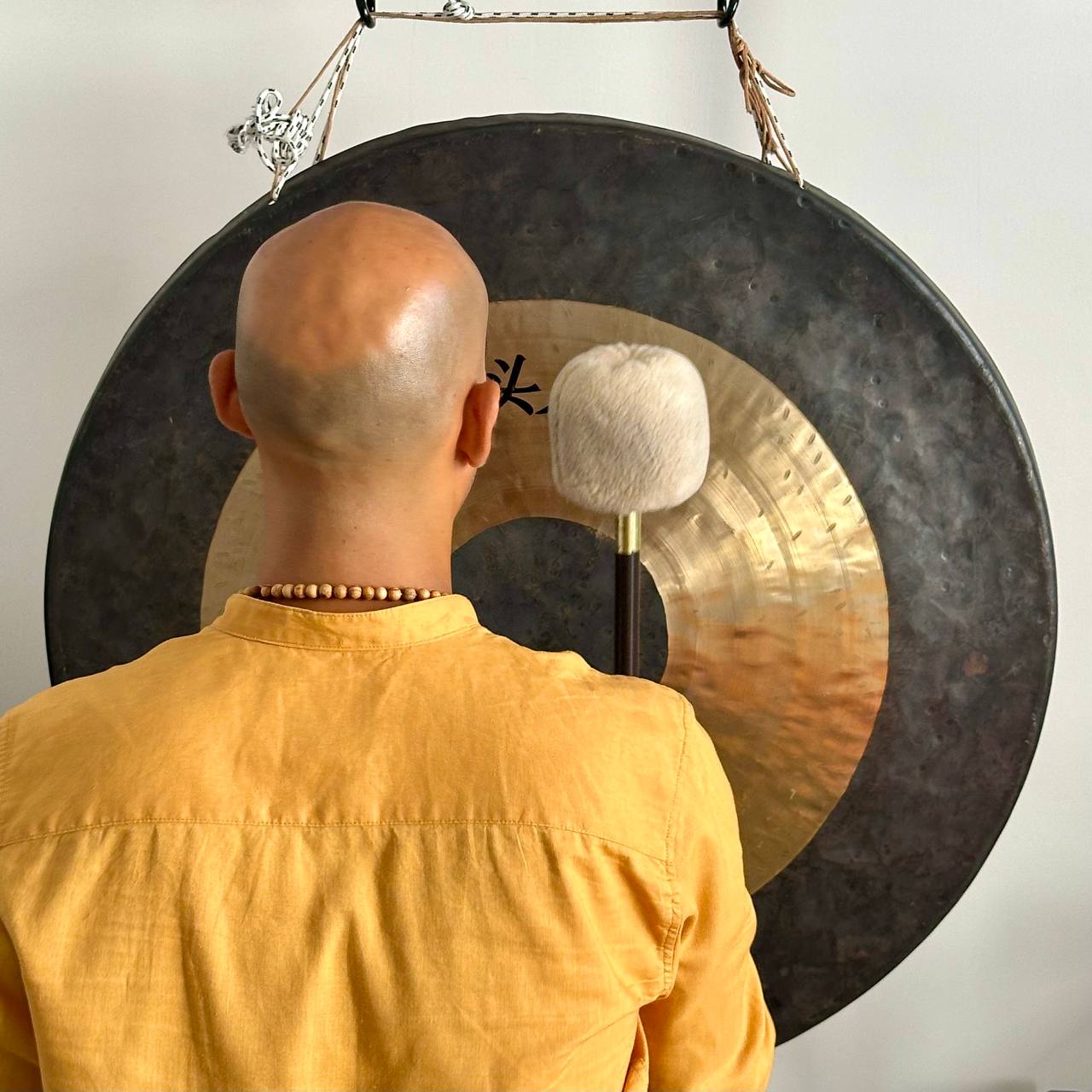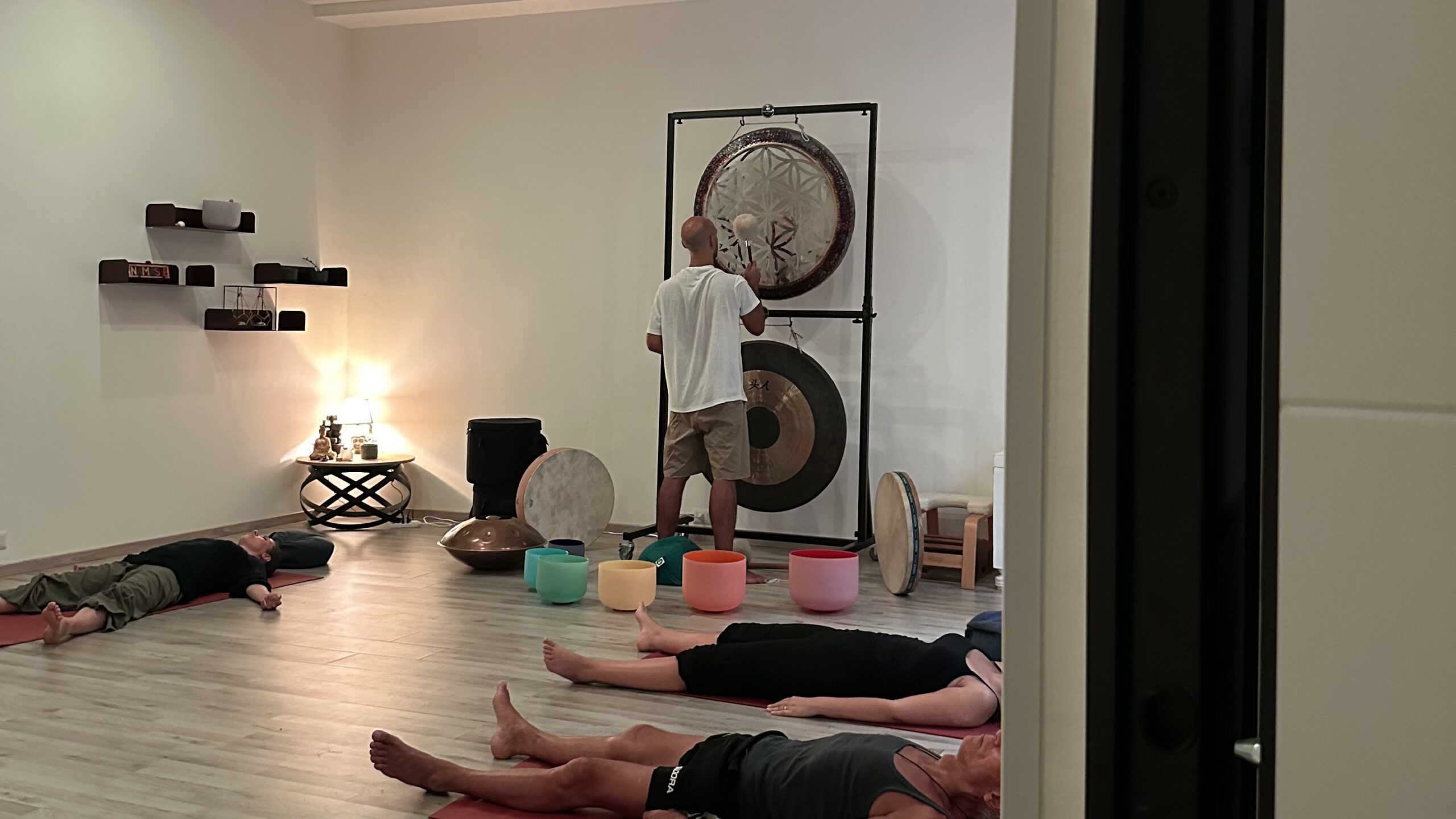WHAT DOES IT MEAN TO LOVE YOURSELF?
Loving yourself means having a high regard for your own well-being and happiness. The meaning of loving yourself lies in taking care of your own needs and not sacrificing your own good to please others.
Love for oneself is not simply a feeling of well-being, it is an action. It represents a choice. It is self-acceptance, a way of relating to oneself that also implies understanding one’s mistakes and defeats. It means being able to communicate effectively with ourselves without harshly judging or punishing us.
The first step to loving yourself is to observe and ‘feel’ carefully, with non-judgmental attention.
It is a discourse that concerns one’s emotions, as they manifest themselves in our body as sensations. If we feel fear, for example, we may notice that we have a knot or a strange sensation in the abdomen. If we are angry, we may find that we have a stiff jaw or clenched hands. These physical manifestations of emotions through the body are not irrelevant; in fact they are so important that if we begin to observe them consistently, without judging them or trying to avoid them, our relationship with ourselves changes completely. The practice of Mindfulness helps us to train this attitude every day, to learn more I invite you to read this article
The first step in cultivating self-love is therefore to be continuously with oneself (with one’s emotions and bodily sensations) with kindness, especially in the pain, in suffering or when we feel hatred for what we are experiencing.
Surely at the moment it is not pleasant at all, but over time we can notice that the more we pay attention to the body, and we explore the sensations without judging them or trying to change them, the more we realize that they change on their own. After a while, some will even have diminished or disappeared altogether.
This mindful observation helps you take responsibility for what your experience is about and be more inclined to listen and understand what could really help make things better for other people around you.

LOVING YOURSELF MEANS CHANGING THE INNER MONOLOGUE
‘I shouldn’t feel like that! What is wrong with me?’
‘This is not the time to feel sad, I have to pretend nothing has happened’
Sound familiar?
Loving yourself means accepting yourself as you are, considering your emotions and sensations valid. It doesn’t mean you have to act on them. Rather, acknowledge the right to feel how you feel (no matter how). Sometimes it can be confusing, because we can experience several sensations at the same time, but in the end, all of them must be accepted by us.
For example, when someone attacks or insults us publicly, part of us would like to yell at the offender, part of us would like to cry and be consoled, and another part of us would like to look good in front of others and not let anyone know. what is happening .
But reacting is not the only way forward, it is certainly the way that strengthens our ego. There is another way, that of silence and self-observation. For example, to support the part of us that feels angry and would like to scream, we can recognize and affirm our anger to ourselves by observing the internal rumination connected to it. extension >
Through this process of self-observation we can create a distance from that emotion and from the story we tell ourselves about it and contact a more adult and empathetic part of us: “I’m here, I” I listen to you, I feel your madness, tell me how difficult this moment is, I want to know how it is for you”.
So if we really listen to the emotions in us and make sure that we have experienced all the related physical sensations, they can come back and the body lets them go.
An important lesson that I have learned in this process is that, whether we are aware of it or not, at all times we teach people how to treat us. If we are canceling ourselves inside, people notice it and can start treating us the same way we treat ourselves.
In essence, when we give up, we feel like the kind of person who deserves to be abandoned, and our relationships will reflect that. When we take care of our inner selves, we become the kind of person who draws attention and love to ourselves. Love equals attention, said the Zen master Thich Nhat Hanh. A kind attention, therefore loving.
LOVING YOURSELF MEANS TRUSTING WHAT YOU FEEL
Having self-confidence does not mean thinking positively to mend the cracks in our being. Rather, it is a deep inner awareness of one’s worth and a sense of connection with our innermost being.
Learning to love each other therefore means:
Listen to the messages and emotions of the body and share them with other people.
Affirm what is true for you and take responsibility for your own experience.
Act in ways that are consistent with your values.
Loving yourself in psychology means accepting yourself, you can read about it in this article

In general, thanks to practices such as Mindfulness meditation with which it is possible to practice constantly feeling one’s emotions and bodily sensations, (in valuing the experience of all the different parts and in communicating authentically) we can transform the relationship with ourselves and with the whole world. To learn more about how to transform suffering with meditation and Mindfulness, I suggest you read this article







